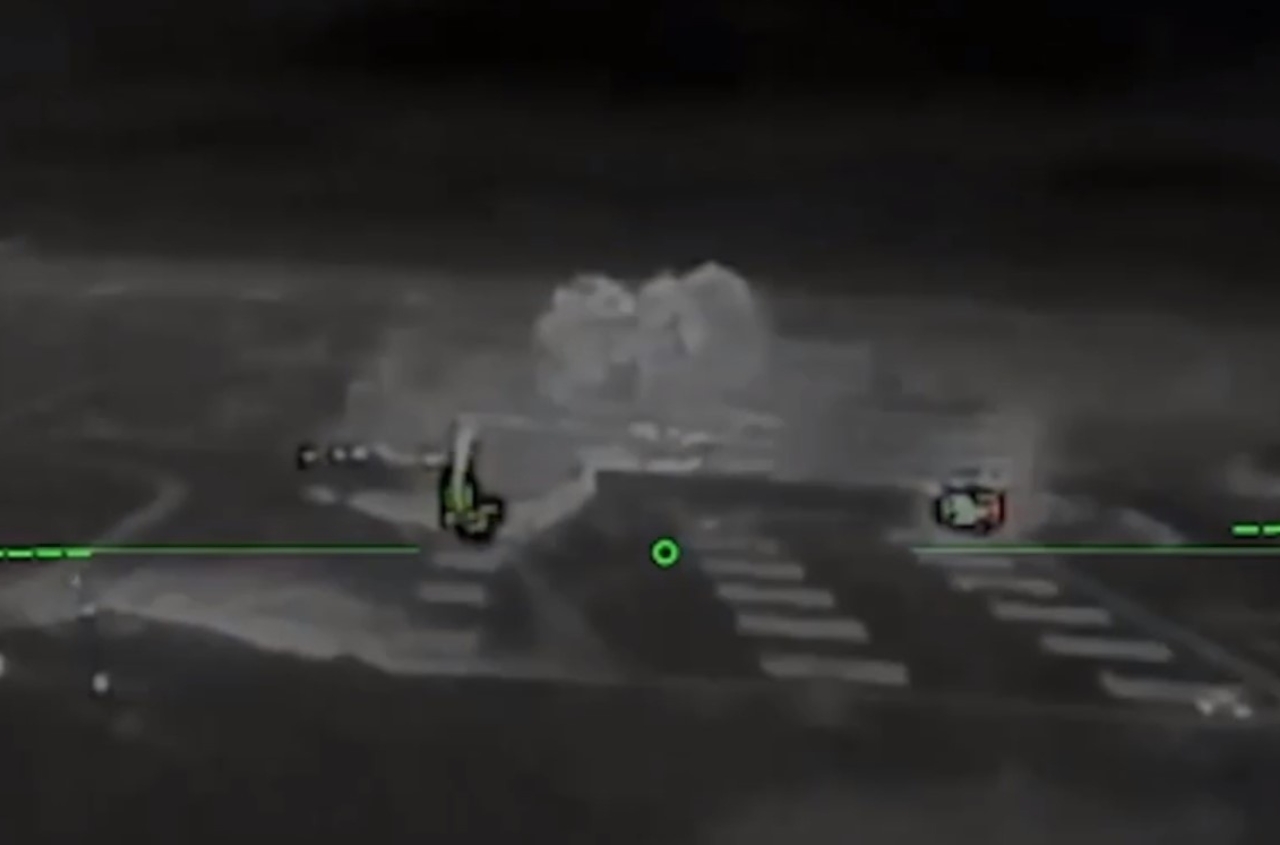Germany’s domestic intelligence agency (BfV) has warned about Russian attempts to influence political decision-making in the country. According to an analysis published by the agency, Moscow employs pro-Russian influencers, influence networks, botnets, and fake social media accounts to shape public opinion.
The report, cited by Anadolu, states that Russian interference continues even after federal elections, particularly during government formation periods. The methods used include disinformation, cyberattacks, espionage, and sabotage. Before the elections, Russia allegedly sought to discredit politicians and parties opposing its interests while promoting favorable candidates through positive media coverage.
One of the key narratives spread by Russian propaganda claimed that the German government prioritizes Ukraine’s support over the well-being of its own citizens. German authorities have repeatedly highlighted the growing threats posed by Russia’s hybrid operations, especially in light of Berlin’s military assistance to Kyiv.
In December, German Defense Minister Boris Pistorius said hybrid attacks were being launched from Russia against his country.
"(Russian President Vladimir) Putin is engaging in hybrid attacks, and Germany is particularly in focus. He knows us well; Putin knows how to needle us," Pistorius was quoted as saying.
Moscow’s hybrid warfare tactics against Western nations include election interference, information warfare, attacks on critical infrastructure, and economic pressure. In December, German Defense Minister Boris Pistorius warned that Germany remains one of Russia’s primary targets, emphasizing that the Kremlin aims to destabilize society through a combination of military, economic, and cyber pressure, as well as propaganda in media and social networks.




















